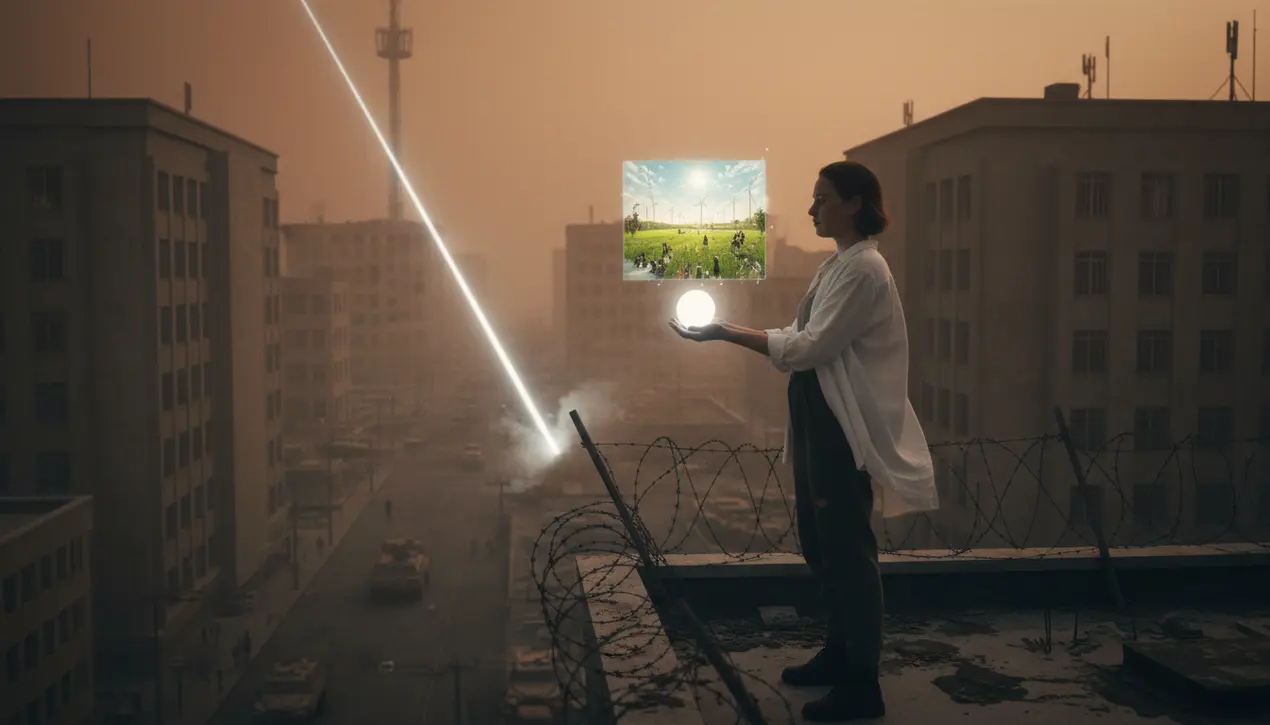
Politicsprotests & movementsMass Demonstrations
How Did We Get Here? Imagining a Better World Considered a Threat.
AN
Anna Wright
1 day ago7 min read3 comments
We find ourselves in a peculiar and disquieting historical moment, a period where the simple, fundamental act of imagining a better world is increasingly framed not as a civic duty or a creative impulse, but as a direct threat to the established societal order. This isn't merely a shift in political rhetoric; it's a profound cultural and psychological phenomenon that speaks volumes about the fragility of our current systems.Consider the historical precedent: visionaries from Socrates to Martin Luther King Jr. were deemed threats precisely because their visions of a more just society challenged entrenched power structures and comfortable complacencies.Today, this dynamic plays out in school boards banning books that offer diverse perspectives, in legislative chambers where climate action plans are dismissed as radical economic sabotage, and on social media platforms where calls for universal healthcare or police reform are swiftly met with accusations of sedition. The underlying mechanism is one of control; by pathologizing hope and criminalizing aspiration, those in power seek to narrow the Overton window of acceptable discourse to a suffocating degree.I've spent years analyzing the personal impacts of leaders and social policies, and what I see now is a global erosion of the civic imagination. From the United States, where 'critical race theory' has become a bogeyman for any honest accounting of history, to Hungary and Poland, where LGBTQ+ rights are portrayed as an existential danger to the nation, the pattern is disturbingly consistent.The goal is to make people afraid of the future, to convince them that any deviation from the status quo—no matter how unsustainable or unjust that status quo may be—is a dangerous leap into the unknown. This is not an accident; it is a strategy.When citizens are discouraged from dreaming of a world with less poverty, more equity, or a healthier planet, they become passive recipients of a predetermined fate, their energy sapped by a manufactured cynicism. The real danger, therefore, is not the dreamers but the forces that feel so threatened by a simple, powerful question: What if things were better? To stifle that question is to surrender our collective capacity for progress and to accept a future dictated by fear rather than built by hope.
#social commentary
#political climate
#dissent
#imagination
#threat
#society
#editorial picks news
Stay Informed. Act Smarter.
Get weekly highlights, major headlines, and expert insights — then put your knowledge to work in our live prediction markets.
Comments
Loading comments...
© 2025 Outpoll Service LTD. All rights reserved.